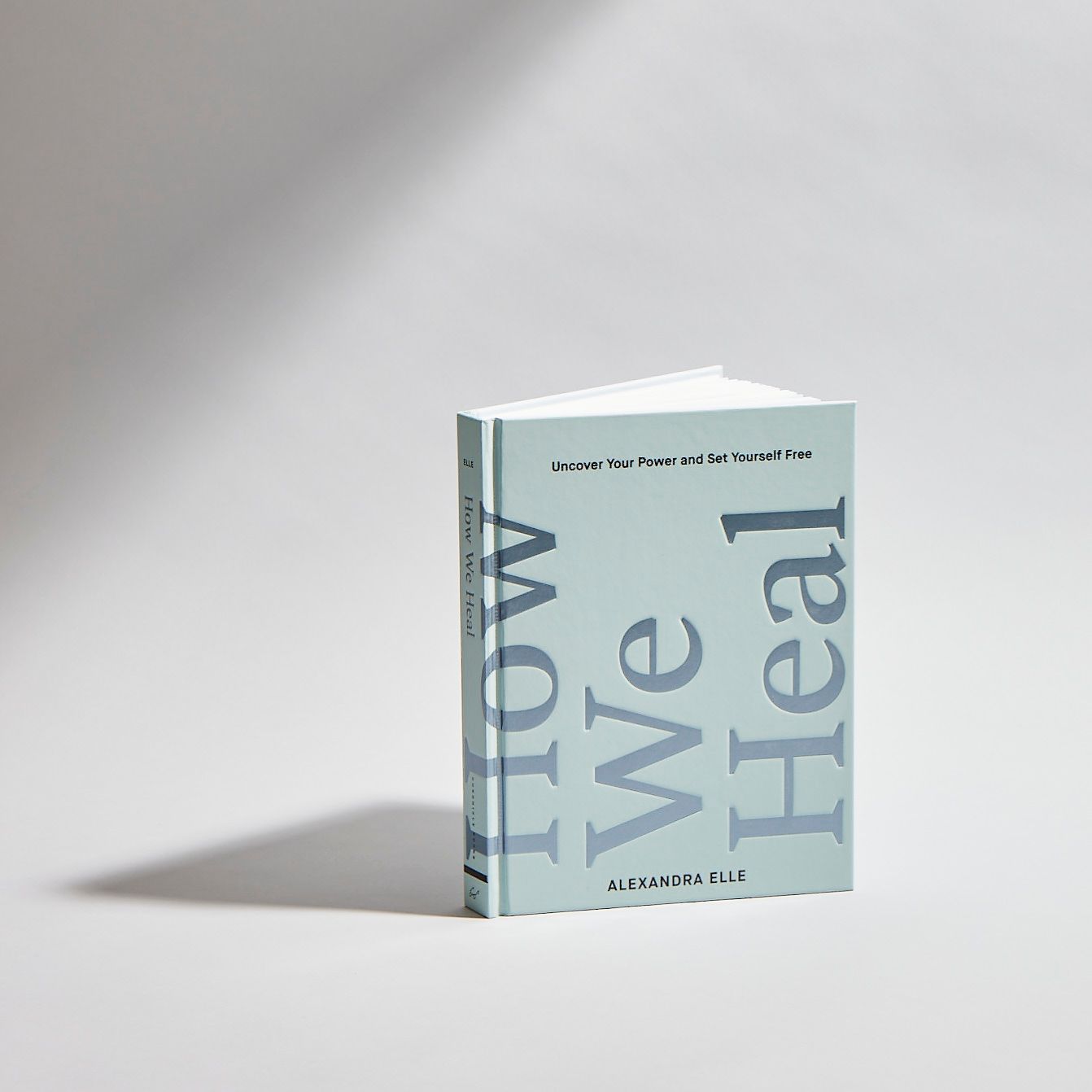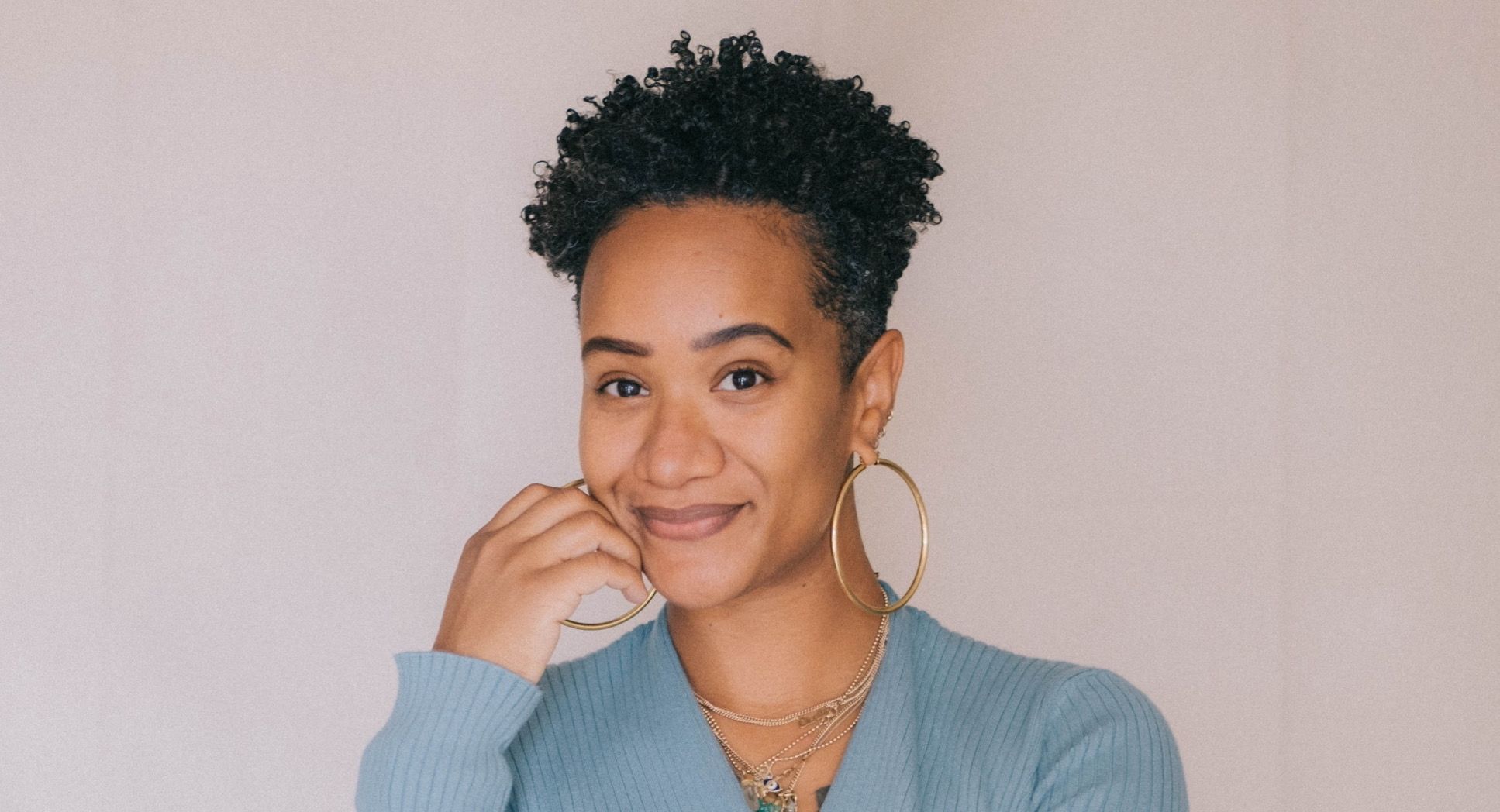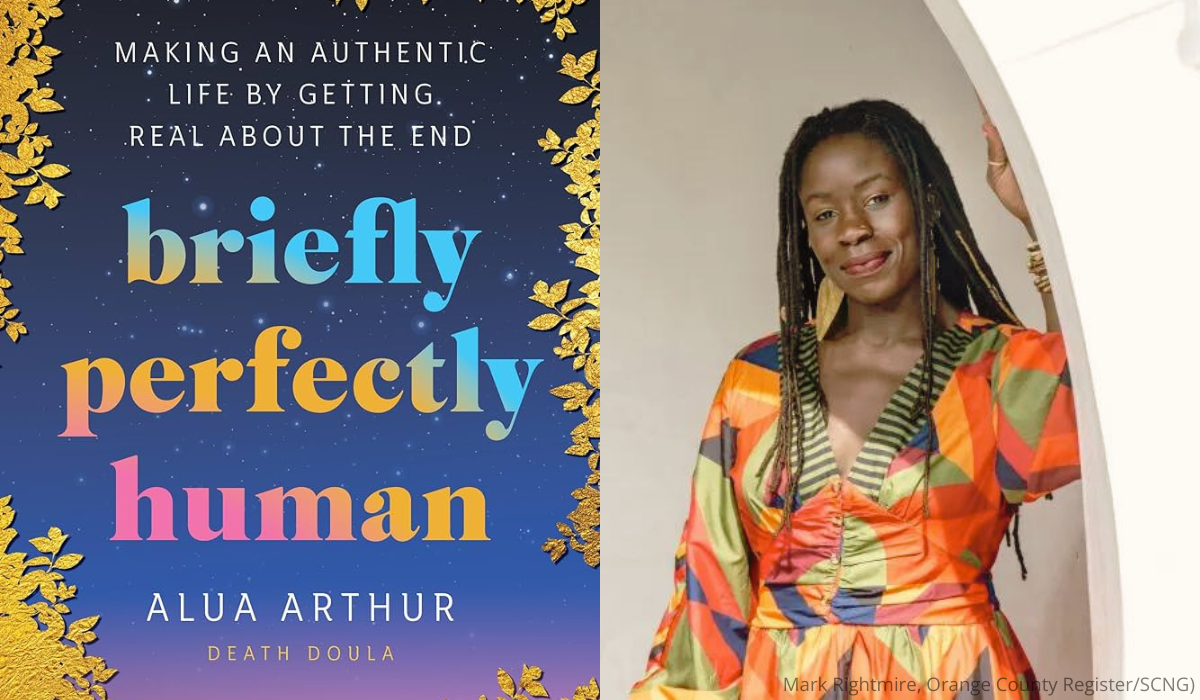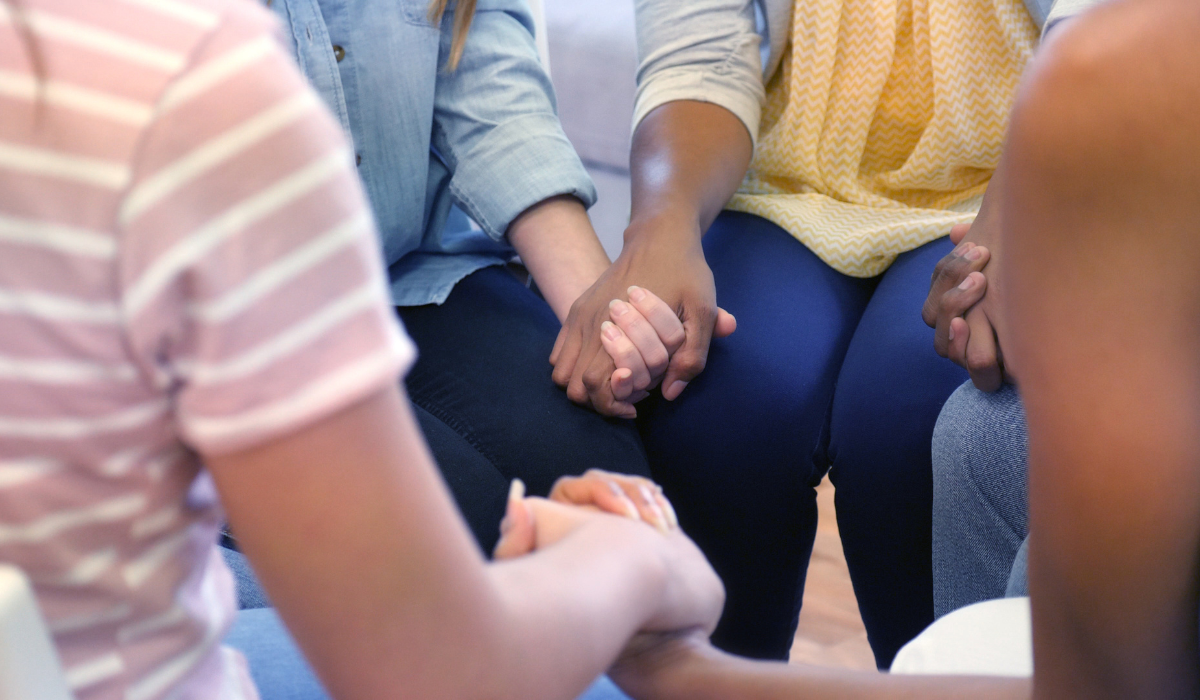With Her New Book "How We Heal," Poet Alex Elle Has the Tool for Finally Freeing Ourselves From Shame and Self Doubt
Alex Elle is one of the most accessible and honest voices of healing today. Her teachings around self-discovery, emotional processing, and cultivating inner strength have touched millions across the globe, including Sunday Paper friends Yung Pueblo, Nedra Glover Tawwab, Adam Grant, and countless others.
Now with her sixth book, How We Heal: Uncover Your Power and Set Yourself Free, Elle is sharing with readers the tools she has cultivated to help her through the darkest times toward places of unconditional self-love. Punctuated by easy-to-follow practices and raw stories from other healers and creatives, the book is a guide to tuning in and trusting what’s inside oneself. As Elle walks us through the nuances of healing and how to begin, she is unapologetically honest. Healing is hard, she says, but it is also a choice we all can and deserve to make.

A Conversation with Alex Elle
You write that the stories we tell ourselves can make or break us. How do you face negative self-talk?
It's important for me to center what I know to be true. Not what I hope to be true, not what used to be true, but what I know to be true right now. So I am a big believer in shifting the trajectory of our thought process with the words we tell ourselves. If we are telling ourselves these negative stories or playing things in our mind that are causing us more stress than ease, that will break us down. And I have been there. It is hard to reframe and think, Hey, that is not the truth right now. So that’s why it’s important to be kind to ourselves as we work our way through the stuff that's really hard.
All of us struggle with doubting who we are and with negative self-talk. I'm going through it now with my new book. Will it do well? Will people receive it? I’ve had to tap into my healing toolbox and share with a friend what I was feeling. She let me share and then she said, ‘What can you control right now?’ That brought me back to a place of healing and to a place of knowing that all I have is this moment and I can either squander it with self-loathing and unhealthy self-talk, or I can control what I can control, which is myself and my thoughts.
Many narratives around healing make it seem like it’s finite: You heal and you’re done. But you believe healing is an ongoing process and choice. How so?
No one has given us that option to choose in society. We're taught to listen to other people. We're taught to seek external validation. We are taught to abandon ourselves as an act of love. We're taught to do all these things except choose ourselves and choose our journey and choose our healing. That’s why healing is an active choice. This is deeply personal for me because I had to choose to heal to break generational cycles and toxic habits and traits. It was the hardest choice I ever had to make—and it's still hard because it's so much easier to go backward. It's easier to stay in our pain. The hard choice is to keep moving forward toward healing. Remembering how far you've come and not discrediting your journey are all active reframes and choices. And these are not just to heal ourselves but also to heal those around us by way of leading by example. If we abandon our healing journey, then we're going to be letting so many other people down that we don't even know yet. So that's why I say it's a choice. It's a choice to get up and keep moving.
And again, it's hard. I don't want anyone to think that this is fluffy or whimsical. When you are broken, when you are struggling with addiction or abuse, healing is in the trenches. Will there be moments of ease and joy in our healing? Absolutely. But we also need to talk about what happens when we’re in the thick of it. That's where the choice really rings true.
What does healing require?
Healing requires that we radically advocate for ourselves and choose ourselves over and over and over. It requires self-advocacy and self-choosing.
How do we begin?
We pick up a journal or we open our voice memo app and we ask ourselves:
What do I want?
What do I need?
What makes me feel seen, safe, and supported?
I want to nudge people to understand that it's okay if you don't know. It's okay if you write down I don't know what I want. I don't know who I am outside of my roles to other people. I don't know what I need. There is healing in the unknown and in the unknowing.
What can even be better is taking what you don't know and noting it in a voice memo. Saying, ‘I don't know what makes me feel safe because I've never felt safe. So how would I know?’ Having those conversations with the self is how we take our power back. It’s how we stand in our power because we're not listening to anybody else's voice but ours.
My greatest piece of advice is to encourage people to remember that you are your own greatest teacher. And why my book is a tool to have in your emotional toolbox, it is not the way. You are the way.
You advocate for resting when it feels right. How do we rest while continuing to move forward on our healing journey?
Healing requires emotional rest, like everything else. If you break your arm or leg, you're not going to be walking on it. You have a cast on and you must rest. Healing is the same. I want to encourage people to trust that you can have joy in the midst of your pain and your healing. You are allowed to lean in and snatch up the joy and the smiles and the laughter and the community, even when you’re in the trenches. Because that joy is an act of emotional rest, too.
Alex Elle is an author, certified breathwork coach, Restorative Writing teacher, and mother. The intention of her work is to community and self-care practices through literature and language. Alex teaches workshops, courses, and retreats. She is currently a teacher in residence at CIVANA Resort in Carefree, AZ. Learn more at alexelle.com.
Question from the editor: What makes you feel safe, seen, and supported?




